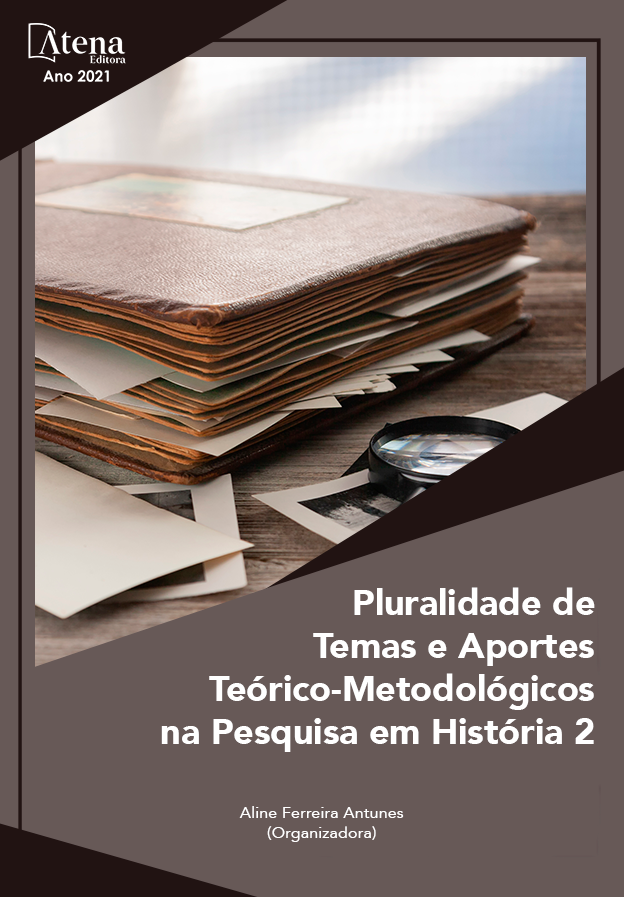
A HISTÓRIA SERIAL NOS ESTUDOS SOBRE A MORTE: REFLEXÕES ACERCA DOS TESTAMENTOS PAULISTAS (1592-1639).
Neste capítulo buscamos mostrar como a utilização da metodologia da história serial pode trazer contribuições primorosas para os estudos sobre a história da morte e da religião. Partimos da problematização dos Inventários e Testamentos paulistas redigidos entre os anos de 1592 e 1639, fontes cuja importância já é há muito reconhecida pela historiografia, para levantar questões sobre as práticas sociais da América portuguesa. A questão dos santos elucida como o método pode ser aplicado levando em conta, também, a análise qualitativa do papel que estas figuras assumiam no contexto das crenças da época. Assim, o intuito deste artigo é levantar reflexões sobre diferentes formas de utilizar uma metodologia amplamente reconhecida, usada desde estudos sobre demografia histórica até estudos sobre a cultura material. Buscamos mostrar como ele se aplica nos estudos sobre a religião e a morte.
A HISTÓRIA SERIAL NOS ESTUDOS SOBRE A MORTE: REFLEXÕES ACERCA DOS TESTAMENTOS PAULISTAS (1592-1639).
-
DOI: 10.22533/at.ed.07321190314
-
Palavras-chave: História Serial; História da Morte; Século XVII
-
Keywords: Serial History; Death History; XVIIth Century
-
Abstract:
In this chapter we seek to elucidate how the serial history methodology can bring up valuable contributions to studies about the history of religion and history of attitudes towards death. The departure point was the problematizations about the Inventories and Wills written in São Paulo colony between 1592 and 1639. These documents relevance is already known by the Brazilian historiography. The saints issue shows how the method used on the research can be applied, also considering the qualitative analysis of the role played by those characters in the context of the beliefs of the period. Thus, this article’s goal is to promote reflections about the different forms that one can use a renowned methodology, used from studies about demography history to studies about material culture. We seek to show how it can be used in studies about religious beliefs and attitudes towards death.
-
Número de páginas: 10
- Victor Mauric


